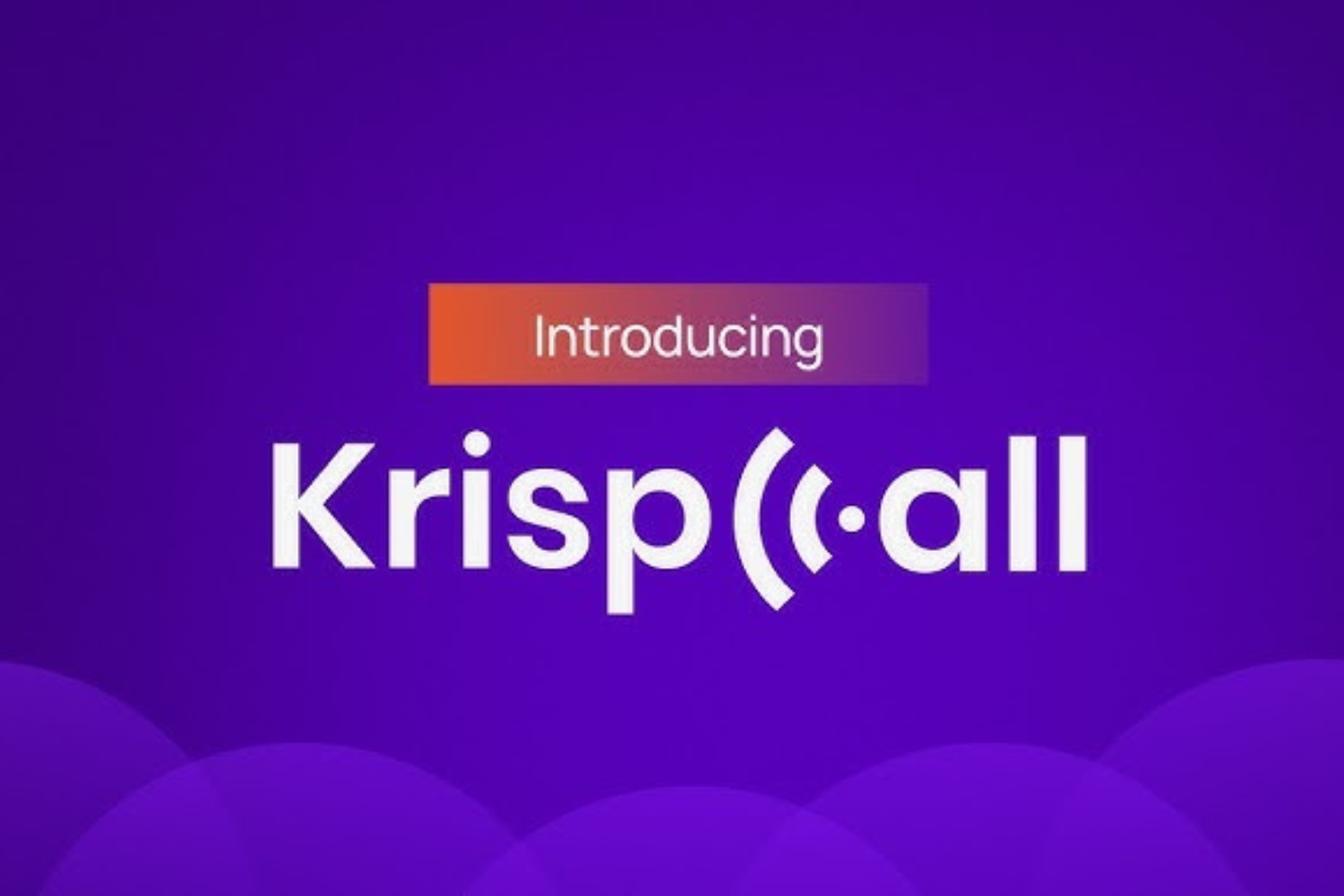Talking about Business Accounting For Startups, companies need to build a solid accounting foundation to stay organized, increase efficiency, obtain financing, control expenses, and identify possible risks and opportunities for their entities. Whether you hire an accountant or opt for other accounting software, you need to understand the basics of startup accounting.
Building a company from scratch takes a lot of effort. As a founder, you likely don’t have time to deal with administrative tasks like invoicing and bookkeeping. However, it’s still important to have a basic understanding of accounting. Like learning the basics of startup accounting and bookkeeping to familiarize yourself with your record-keeping and tax responsibilities.
You’ll also need to research your options for growing your business — loans, and capital are available to start-ups if you know where to look. After all, you can’t get anything off the ground without enough funding, no matter how brilliant your concept is. There’s no sugarcoating the fact that about 38% of startups fail by running out of money even before becoming profitable.
But, don’t worry! All you need is a firm grasp of accounting fundamentals to make sure your business is profitable. This is why we created this startup accounting guide to help you. By the same token, understanding basic accounting concepts is useful even if you plan to employ an accountant to do the task. It will aid in the smooth operation of your company in the future.
Understanding What Business Accounting For Startups Usually Entails
To enumerate, Business Accounting involves keeping accurate records of financial transactions and examining your finances to identify opportunities for growth and improvement. Of course, you’ll have so much to think about when starting a business! It can be overwhelming, but learning the basics and deciding how to tackle your financial records early is essential.
Perse, every business owner needs to have a structured method of bookkeeping that records the money coming in and going out of the business. This will help you monitor revenue and expenses, track budgets, fulfill financial obligations, and take action if problems arise. Be that as it may, as your startup grows and makes more revenue, your recordkeeping system throttles.
Your system will become more complex and crucial to maintain. This is why starting with a well-organized system as you run your business is essential. On a clear note, Forbes Advisor gives a detailed breakdown of how long to save which financial documents — both personal and business — and how to permanently get rid of the records you no longer need.
Basically, small companies and startup business owners may use financial accounting information to analyze competitors and evaluate investment opportunities. But, there is still more to what business accounting for startups can do for your entity.
Why Business Accounting For A Startup Company Is An Important Tool
First of all, an effective business accounting process allows company owners to see where it stands and how it performs financially. It allows businesses to understand their financial data, past activity, and where they currently stand to plan for the future. As a matter of fact, accounting is also used to share company strengths and weaknesses with employees.
Secondly, small business and startup owners use financial accounting to communicate information externally to external stakeholders. Equally important, businesses may also use accounting to also share details with stakeholders.
Mostly, those that use a company’s financial information, such as banks, the IRS, suppliers, creditors, potential investors, and leasing companies. Startups should keep track of all their documents showing transactions and records, we mean everything.
Example records are:
- Bank Statements
- Credit Card Statements
- Bills
- Receipts
- Invoices
- Financial Statements
- Tax Forms
- Tax Returns and Supporting Documents
Forthwith, a great system is also used to share company strengths and weaknesses with employees. Not to mention, the accounting and bookkeeping process also allows businesses to see where it stands and how it performs financially. It allows businesses to understand their financial data, past activity, and where they currently stand to plan for the future
Last but not least, effective business accounting also allows startup businesses to keep track of their debts from suppliers and lenders for goods/services purchased. As well as tracking all receivables from customers for services rendered or goods sold. They may use financial accounting information to analyze competitors and evaluate investment opportunities.
Some Bookkeeping Basics Plus Financial Records For Startup Businesses
Running a business is based on the bottom line. The success of your startup is based on efficient budget management. While, at the same time, balancing the books, and modifying financial strategies when needed. Powered by effective accounting practices and sound financial management that results in returns for the stakeholders and business owners. Watch and learn more:
But, the line does not end there! Not unless you can clearly distinguish between a bookkeeper from that of an accountant. Generally, not every bookkeeper is an accountant – though every accountant is technically qualified to be a bookkeeper. Both need to be sticklers for accuracy and knowledge, especially, in regard to key financial fundamental topics, yes!
While that’s the case, they aren’t the same. But, they may work hand in in terms of accounting and bookkeeping. To enumerate, the bookkeeping process involves keeping track of business transactions and making specific entries. Accounting systems and bookkeeping software like FreshBooks have a chart that lists all your accounts payable and their categories.
For example, whether you are a business bookkeeper or a company accountant you can post all sales to income accounts and cash outflows to expense accounts. Ultimately, their work is to ensure a business startup’s financial health.
Their common job entails:
- Keeping Invoice Records
- Opening And Closing Accounts
- Reconciling Bank Statements
- Writing Business Journal Entries
- Analyzing Business Transactions
- Posting To Ledger Accounts
- Filling Business Tax Returns
- Checking Trial Balances
It’s, important to realize, the main difference between a bookkeeper and an accountant is that an accountant has a bachelor’s degree in accounting or similar. Bookkeepers, on the other side, have two to four years of expound work experience or an associate’s degree. They are often overseen by an accountant or the small business owner – whose books they handle.
Essentially, they record all business-related financial transactions – this is something that lays the foundation for accountants to now fall into place. For the record, most accountants have a bachelor’s degree in accounting – or a finance degree in that field. Usually, they help businesses interpret, classify, analyze, report, and summarize financial data.
The Simple Steps To Do Business Accounting For Startups Effectively
As a rule of thumb, the very first element to tackle your accounting is to establish the rules your company follows in reporting expenses and revenue. According to the Corporate Finance Institute, there are two options to consider.
buy cialis strips online buy cialis strips online no prescription
The options are:
- Cash Accounting: income and expenses are reported and deducted in the tax year they are received and paid.
- Accrual Accounting: both income and expenses are generally reported in the tax year when they are realized, regardless of when they are received.
Keep all the records – we’re teasing, sort of! It is best to save any and all kinds of records in an organized location so that you can access them quickly and easily when you need them fast. Including W-2, W-9, or 1099 forms, bank statements, expense receipts, invoices, insurance claims, investment statements, charitable donation receipts, tax returns, bills, and pay stubs.
You can use simple and intuitive accounting software. Or rather, consider a few steps that we are going to list down to help in business accounting for startups — as you automate the accounting process and get an up-to-date view of your cash flow.
1. Select A Legal Form For Your Company
When starting a business, one of the first things you should do is decide what kind of company you want to form. How much you owe in taxes, among other things, will depend on your choice here. There are five different kinds to choose from.
The key players are:
- Sole Proprietorship: A business with a single owner.
- General Partnership: A business operated by at least two individuals.
- Limited Liability: A business or company structure in which the personal liability of its members is restricted.
- C Corporation: A business owned by its stockholders.
- S Corporation: A company that is subject to a single tax rate.
With that in mind, the next step is to think about the best bookkeeping method to integrate into your business.
2. Pick A Bookkeeping Method
How well you manage the company’s finances might determine its fate on the open market. But let’s face it: keeping track of finances can be time-consuming, and managing a company is challenging enough as it is. This is why an efficient and user-friendly accounting system is essential. There are now three primary bookkeeping options for new businesses to consider.
The methods are:
- Manual Systems: Manually keeping records of business activity and preparing financial reports. Data recording by hand is laborious, error-prone, and takes up valuable time.
- Automated Accounting Systems: Using accounting software can help you save time and avoid making mistakes since it automates most of the tasks involved in keeping financial records. Journal entries, bill payments, invoice scheduling, financial statement creation, and much more are all possible.
- Enterprise Resource Planning (ERP) Systems: Corporations with several divisions often use this software because it provides a unifying framework for employees to work within.
Now, you may be wondering: Is there ever a time when using a manual system is preferable to an automated one? Well, manual systems are fine for accounting as long as there are few monetary transactions. Spreadsheets are enough for tracking revenue and expenses if your company won’t be handling inventory. However, online accounting software is a far better choice.
3. Choose An Accounting Method
At all costs, investing in good software to help drive business accounting for startups will keep both you and your business/managers on track throughout the year. One thing is for sure, with such a software application managing your accounting system, you’ll achieve quite a lot. Like keeping the paperwork organized — saving time and money in the long run.
Accrual accounting and cash accounting are the two most common approaches to keeping track of a company’s financial activities.
buy viagra super fluox force online buy viagra super fluox force online no prescription
Accrual accounting tracks income and expenses as they occur (i.e., the moment an invoice is sent or a bill is received), rather than when money is actually exchanged. This implies that all monetary transactions are recorded instantly.
In addition to selecting an accounting method, many businesses find using a business checking account integrated with accounting software advantageous. This integration allows for seamless tracking and management of financial activities. By linking the business checking account to the accounting software, transactions can be automatically recorded and categorized, eliminating the need for manual data entry.
In particular, regardless of whether or not corresponding funds have been transferred. In contrast, cash accounting captures monetary transactions as they occur, immediately upon payment or receipt of funds.
4. Organize Your Payroll System
The people who work for your company are its greatest resource. And as the owner, it will be your responsibility to pay them. What could possibly be so difficult about compensating employees, you ask? Well, in all honesty, it’s a bit of a hassle.
Also, there is a mountain of rules and laws to study and follow in the areas of administration and taxes. Not forgetting, to get your payroll software system up and running, you’ll need to follow a few steps in order to organize your application effectively.
Consider the following:
- Examine the minimum wage and overtime regulations.
- Create a tax ID for your business by submitting an EIN application.
- Get I-9 forms signed by all employees.
- Join the electronic federal taxpayer payment system (EFTPS) to pay your taxes online.
In addition, make sure to document each employee’s or contractor’s name, address, and total expenditures.
5. Pick Your Preferred Payment Option
By all means, if you operate a company, you have the option of accepting payments in person or online. In the offline world, transactions are settled with immediate hard currency or paper checks. On that note, when we talk about online payments, we’re referring to things like eWallets, credit cards, online bank payments, and payment gateways.
Rather than old-school methods, most companies now prefer online payment options to offer them some if not all of the needs of their financial solutions. Fortunately, given the speed of technological innovations, there are so many tools available.
Final Thoughts:
It takes a lot of effort to launch a new company, as you surely already know. When you’re setting up your accounting system, one of the most important steps you need to take is to make sure that all of your files and documents are well organized. You’ll be well on your way to success if you take the time to learn some fundamental accounting terminologies and concepts.
And then again, invest in a robust accounting program. Note that the above guide on Business Accounting For Startups is applicable to all organizations or even companies — whether big or small or even just startups to big entities — the tips will form the basics to help you get started. But, if you’ll need more help, you can Contact Us at any time to get more support.




